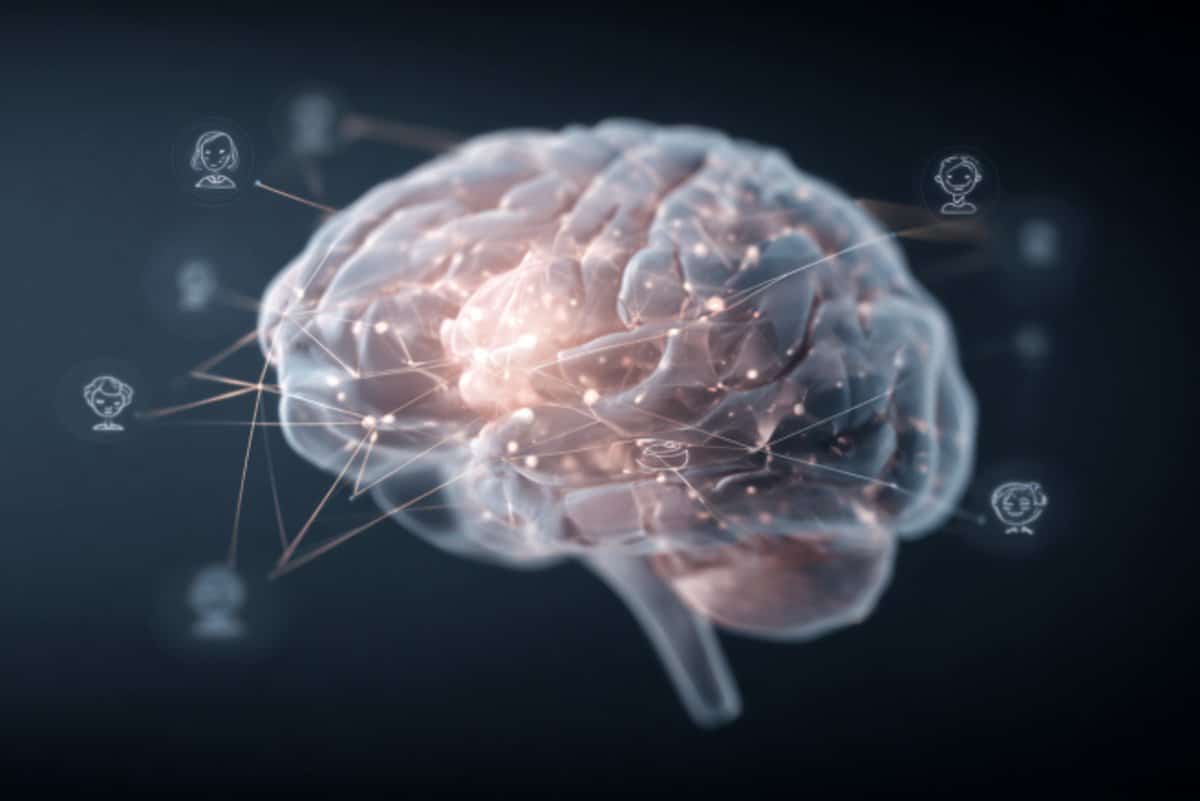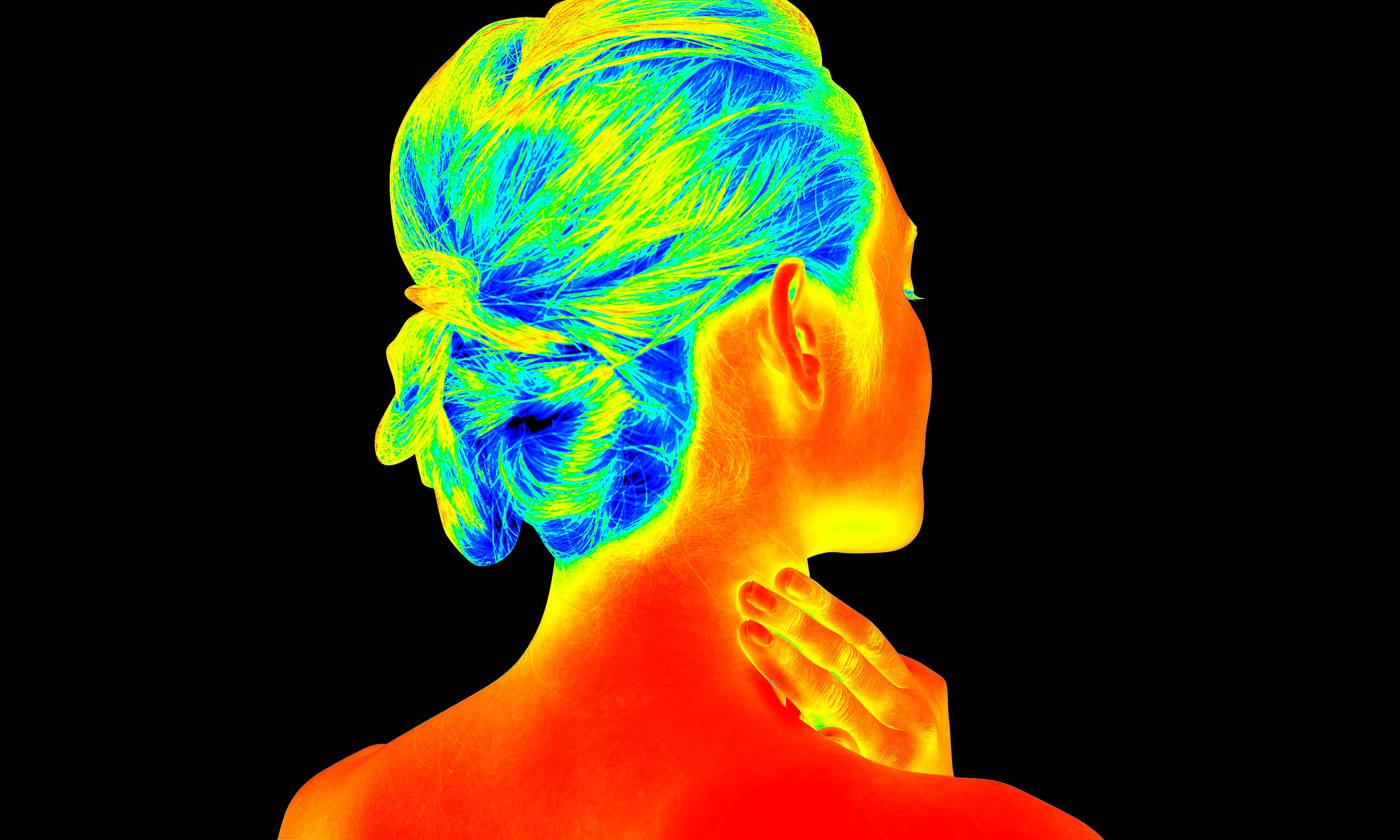T4K3.news
New Study Reveals How the Brain Awakens from Sleep
Research shows the brain transitions from sleep to wakefulness through a specific sequence of activity.

New research reveals how the brain effectively transitions from sleep to wakefulness each morning.
Understanding the Brain's Transition from Sleep to Wakefulness
A recent study published in Current Biology shows that the brain uses a complex sequence to wake up. Researchers from the Netherlands Institute for Neuroscience and the University of Lausanne analyzed over 1,000 awakenings using high-density EEG recordings. They found that when people wake from sleep, brain activity begins in the frontal regions and spreads to the back. Waking from REM sleep leads to immediate fast activity, while waking from non-REM sleep involves slower waves first. The study helps explain why we feel alert or groggy after waking and could aid in understanding sleep disorders.
Key Takeaways
"This progression likely reflects how signals from subcortical arousal centres reach the cortex."
Aurélie Stephan explains the brain's signaling process during awakening.
"Some slow waves act like arousal elements – they are part of the 'wake up!' signal."
Stephan highlights the dual role of brainwaves in the waking process.
This research offers valuable insights into how our brains manage the transition from sleep to wakefulness. The differences between waking from REM and non-REM sleep highlight how fragile our alertness can be. As we learn more about these processes, we can better address sleep-related issues, such as insomnia. This knowledge could revolutionize our approach to sleep disorders and improve overall well-being.
Highlights
- The brain wakes up through a precise sequence of events.
- Slow waves contribute to our sense of alertness.
- Understanding sleep could change how we treat insomnia.
- Each morning, our brains navigate a complex awakening process.
Concerns About Sleep Disorders
The findings could lead to sensitive discussions on treatment methods for insomnia and other disorders. Understanding how we wake up might change approaches in sleep medicine, which could provoke public reactions.
The study opens new paths for understanding sleep and its disorders.
Enjoyed this? Let your friends know!
Related News

New study links disrupted sleep to dementia risk

Oxford researchers discover why we need sleep

New study highlights brain's role in social emotions

Mind blanking study reveals brain activity changes

New study uncovers sleep's mitochondrial links

Study Reveals Cellular Mechanism for Sleep Regulation

Study reveals link between body temperature and depression

New study links sleep quality to heart disease in women
